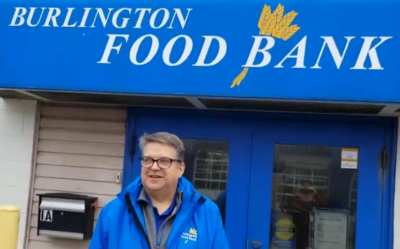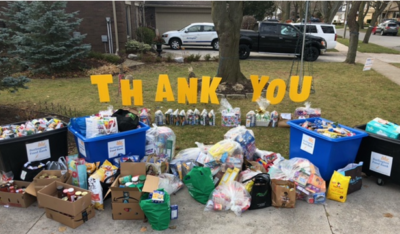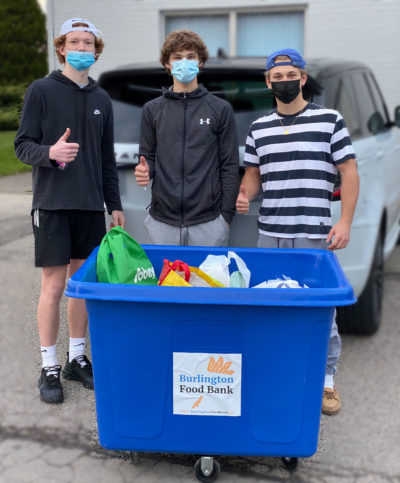 By Pepper Parr
By Pepper Parr
January 4th, 2021,
BURLINGTON, ON
Part 1 of a series
If someone asked you to “tell me all about Burlington” , “what makes the city work”, what would you say?
The Gazette has observed and reported on this city for more than a decade now. Like all media we have watched closely as the city has dealt with the pandemic – in some situations remarkably well and in others less so.
We have watched how the provincial government lost the credibility it once had through the stupid, selfish actions of a few while the vast majority of the people in the province did what they were asked to do.
Dealing with the pandemic on a daily basis has shown the city and its administration for what it is – committed people working under difficult circumstances.
There is legitimate concern for the mental health of those several hundred people who have to work from home juggling their cell phones with their keyboards to meet the demands for information and policy directions.
Today and during the balance of the week we will report on stories that point up how the population and the people who lead them have acted and responded.
Today we want to tell you more about the Burlington Food Bank and the superb job it has done under trying circumstances.

Bailey makes one statement – every day. “If you need help getting the food you need – call us, we are here to help.”
Led by Robin Bailey who serves as Executive Director, and a collection of volunteers who make one statement – every day. “If you need help getting the food you need – call us, we are here to help.”
Bailey does a short video almost every day highlighting where food is coming from and also what he needs in the way of food to meet the daily need.
The Food Bank has on occasion delivered food to more than 70 homes in a single day.

Neighborhood in the city hold a local food drive.
That food comes from a wide variety of sources. A neighborhood in the city will hold a local food drive that has dozens, sometimes hundreds of people dropping off bags of food that is then taken to the Food Bank.
There are dozens of locations around the city that have large bins at which that food is left – every supermarket has one, there are bins at the fire stations, and in the churches.
Bailey has access to funds that he can use to buy items that didn’t get to him through the voluntary food chain.
Bailey works within the eco-system that exists at both the federal and provincial levels where people who are at the front-line level exchange views and share solutions to problems while at the same time keeping tabs on just how big a problem the food banks are in place to handle.

They just show up with large bins or boxes filled with food.
Each day a couple of dozen volunteers show up at the food bank to handle the food that has arrived and put in into the short quarantine that all food gets put in.
It then gets placed on shelves where the people who are putting together the food baskets turn to to make up a food package.
There are drivers who take turns picking up food from the many drop off points as well as delivering the food to those in need.
Bailey, who works with Scot Cameron who produces the daily web cast, gets the message out in a short, direct video that rarely runs more than two minutes.
On an almost daily basis people just show up with large bins or boxes filled with food.
The system works with not a dime from the city or the regional government that is responsible for social welfare.
This is just citizens knowing that there is a need and doing what has to be done to fill that need.
The is part of what Burlington is.





















Wow, great article, I didn’t know how it worked. And it is working so well, thanks for writing.